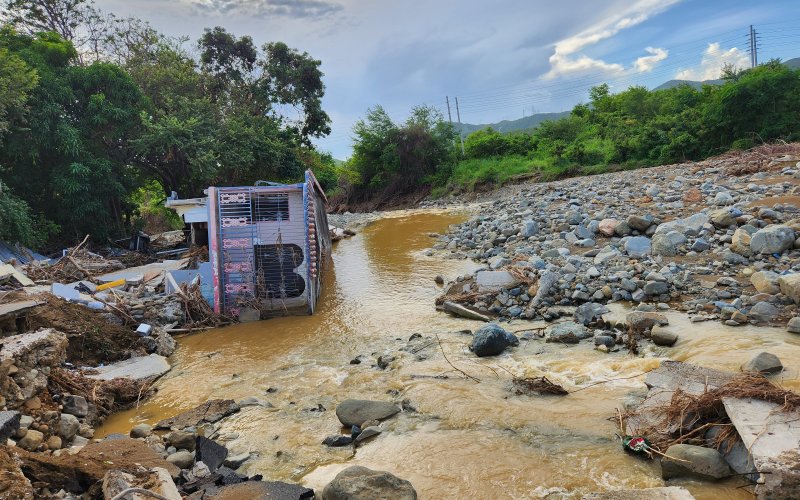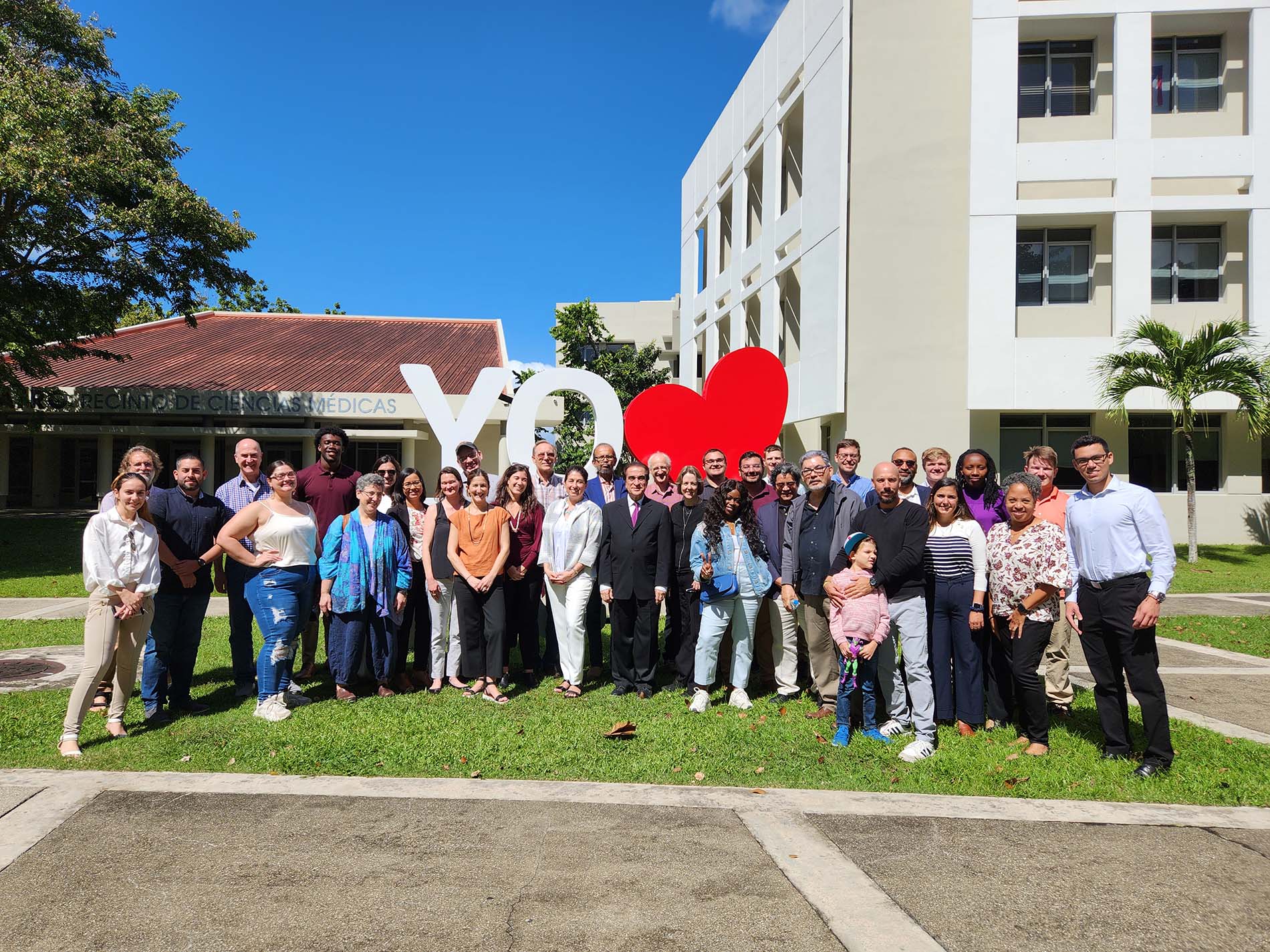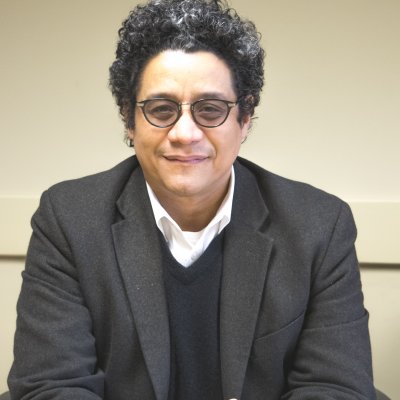UAlbany Climate Scientist Joins New Caribbean Climate Adaptation Network

By Mike Nolan
ALBANY, N.Y. (Feb. 23, 2023) — Last summer, Jorge González-Cruz joined the University at Albany’s Atmospheric Sciences Research Center (ASRC) with a focus on improving climate resilience in coastal communities and inspiring the next generation of costal-urban climatologists.
He’s now partnering on a five-year, $6.04 million cooperative agreement with the National Oceanic and Atmospheric Administration (NOAA) that will help achieve these goals.
González-Cruz, a Professor of Empire Innovation at ASRC, is part of the new Caribbean Climate Adaptation Network (CCAN), which seeks to connect multidisciplinary scientists with community and government stakeholders in the U.S. Virgin Islands and Puerto Rico to better prepare and respond to climate extremes.
The network, launched last fall, is led by Pablo Méndez-Lázaro of the University of Puerto Rico Medical Sciences Campus. It is supported by about a dozen researchers, including González-Cruz.
“As scientists, the way we typically do research is to analyze the data first and then share relevant findings with potential stakeholders, such as government and community leaders,” González-Cruz said. “This project is building a different framework. We do not only want to help vulnerable communities, specifically in Puerto Rico and the U.S. Virgin Islands, improve climate resiliency through our research, but also bring them to the table so we can create better solutions together.”
Climate Change and the Caribbean
CCAN is part of a broader network of 12 teams supported by NOAA’s Climate Adaptation Partnerships program (CAP/RISA), an applied research and engagement initiative designed to help communities in the United States “build lasting and equitable climate resilience.”
This is the first time CAP/RISA is funding a full five-year team in the Caribbean, a region that has been hit hard with increasingly frequent and costly natural disasters, including Hurricane Maria, a Category 5 hurricane that claimed nearly 3,000 lives in Puerto Rico alone and left much of the island’s infrastructure in ruin after making landfall in 2017.

The CCAN team aims to build a large network of experts from universities, non-profits and other organizations that can leverage local knowledge to address climate hazards related to extreme rainfall and heat events, droughts, landslides and coastal and riverine flooding.
There will also be educational opportunities for students from partnering institutions and underrepresented communities in Puerto Rico and the U.S. Virgin Islands.
“Among our contributions at UAlbany will be to share future climate projections for extreme heat and other weather extremes with residents of coastal communities in a way that they can easily digest and understand,” said González-Cruz, a native of Puerto Rico. “This will involve meeting with community leaders in these regions and discussing how our models work and can be delivered in usable formats such as interactive maps and data that demonstrate areas of vulnerability.”
“Several graduate students will be collaborating with me on this project. It’s a valuable, hands-on learning opportunity for them to meet with individuals in these communities and help translate our science.”
Coastal Climate Expert
González-Cruz teaches and conducts research in urban energy sustainability, urban weather and climate, urban remote sensing, and regional climate modeling and analysis.

Along with supporting CCAN, he is the lead scientist of the Coastal-Urban Environmental Research Group (CUERG). The group has worked over the past decade to develop new ways to represent the coastal-urban environment as a unified system that places people at the center and integrates the built and natural environments.
Outside of his funded research, González-Cruz was actively involved as a volunteer in the response efforts to Hurricane Maria, and more recently, Hurricane Fiona, a category 1 storm that brought strong winds, destructive flooding and briefly knocked out the island’s power grid last year.
Following Fiona, González-Cruz visited Puerto Rico for a rapid assessment of infrastructure damage and to meet with leaders of LUMA energy, who officially took control of the island's power grid for the Puerto Rico Electric Power Authority in June 2021.
“Since Maria, a lot of research has been done to reconstruct Puerto Rico’s power grid. Fiona was a test to our work,” González-Cruz. “We visited shortly after the storm hit and were pleased that the grid held quite strong, overall, with most transmission power towers and lines remaining intact. Although the two storms are not comparable, it was promising to see real progress has been made to improve the island’s grid resiliency over the last five years.”
Other institutions collaborating on CCAN include the University of Puerto Rico, Mayaguez, University of the Virgin Islands, Worcester Polytechnic Institute, University of South Florida, University of Texas, Austin, New York University, the City College of New York, Caribbean Coast Ocean Observing System and USDA Forest Service.




